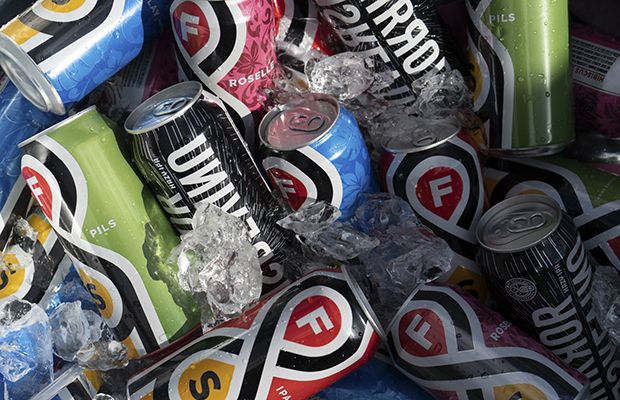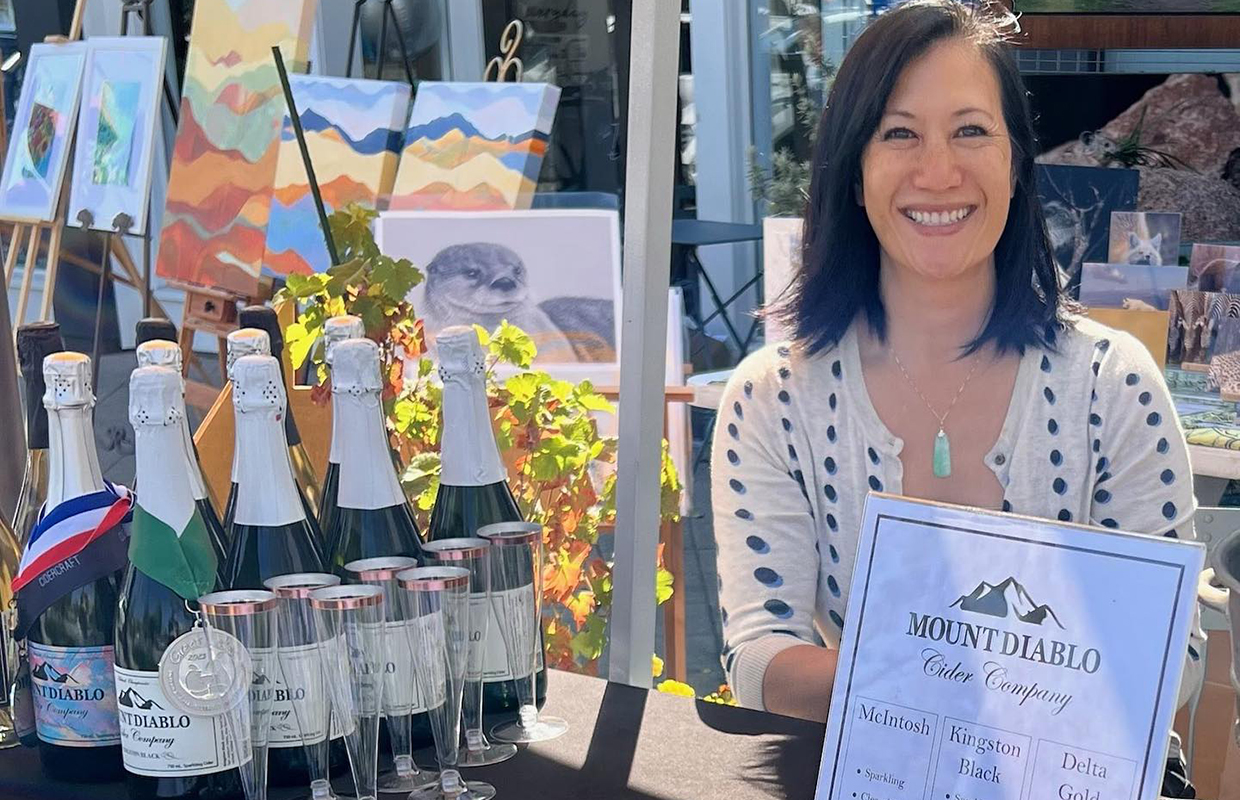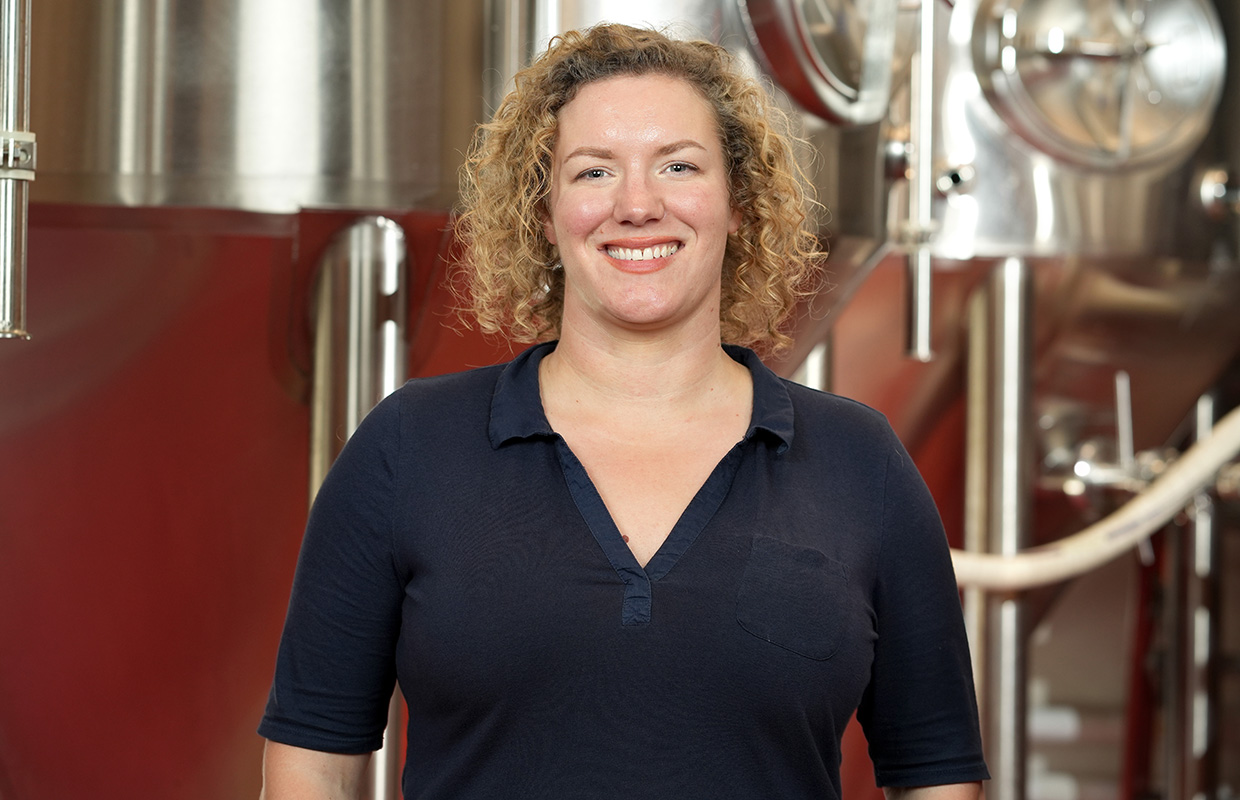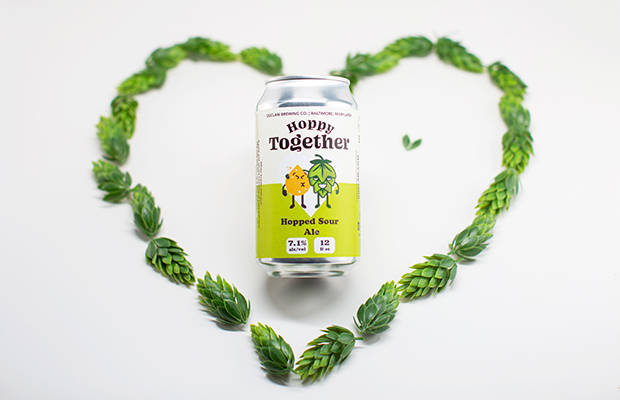
Two different countries mean two different sales strategies for Fair State Brewing. The Minneapolis co-op brewery sends products to both Japan and Quebec in small amounts, but co-founder Evan Sallee says what goes there is vastly different because the brewery is a different portfolio need for its wholesalers there.
Focusing on mixed-culture beers, the five-year-old facility sends its sours to Quebec to a small importer in Quebec that focuses on that genre of beers.
“I don’t know whether to attribute that to the Quebec taste or the taste of this specific wholesaler,” Sallee said. “I would suspect that it’s probably more what the wholesalers are interested in. They’re easily our smallest wholesaler that we work with throughout the country. But it’s kind of fun to be able to be over there. We’ve been to a few beer festivals and things like that.
“They’re really passionate about those kinds of brands. So I think that’s just what they’re focused on in a lot of ways. But we’re passionate about this product too, so it’s cool that people are interested in them.”
Yet, for Japan, Sallee shares a different side of Fair State in distribution. The brewery’s Hazy IPA, Mirror Universe is the best seller there, but beers that didn’t connect with the US audience surprisingly did over there. “Plant-Based” was a vegan fruit smoothie beer brewed with mango, banana, blueberry, coconut, and vanilla.
”It is really heavily fruited,” Sallee said. ”It wasn’t a fruited kettle sour. And we didn’t use any lactose either. So that’s kind of why we dubbed it a vegan beer. It was pretty weird.
”I happened to be visiting Japan when that beer showed up. And I was just really surprised at how well a lot of people responded to it. I thought that was very funny and interesting for such a weird beer. A woman came up to me to say she had five of them that night. I don’t know if anybody in this country has had five in one sitting.”
The paperwork, of course, is different for both countries. And both differ from what is needed in the US as well.
Sallee said the wholesaler does a lot of the legwork for Quebec. Some things in Japan differ as well.
”It’s not that crazy involved or complex,” he said. “Our importer handles a lot of compliance, which is really nice.
”We do have materials that we need to give to them so that they can competently handle that. And there are certain requirements that Japan has … pretty stringent requirements around providing ingredients and process documentation for each brand. That’s not something that is traditionally required in the US, except for beers that require formula approval. I wouldn’t consider it legally onerous, but it is the things we have to do that are different.”
One nice benefit of exports is that Fair State doesn’t have to pay any federal excise tax.
“So you are saving a few bucks here and there, which is nice,” Sallee said.
Certain things have to be on the product in Japan. However, Fair State’s importer usually takes care of that by applying a small sticker label that satisfies all of the compliance requirements.
”That’s really nice that we don’t have to create an entirely separate label and we’re still able to use our branding and everything we develop,” Sallee said. “That, I think, people really respond to.”
Roughly, margins are comparable.
”All of our markets and our margins fluctuate depending on whatever the landscape is,” Sallee said. ”Whether it’s going just to cross over to Wisconsin or whether it’s going all the way across the country. I think we kind of try to tailor our products portfolio and pricing to each market so that we’re as decisively positioned as possible.
”Broadly speaking our product ends up in Japan quite expensive. And so I’m sure that we could do more volume if we were able to accept lower margins.”






Be the first to comment